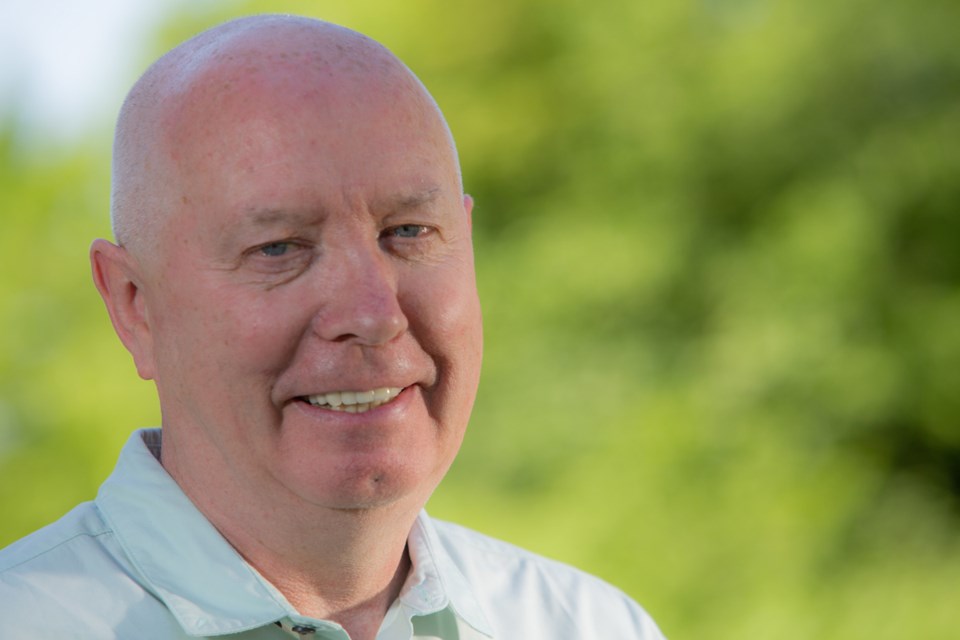The City of Burnaby is calling on senior governments to use the opportunity presented by the post-COVID-19 “economic rebuild” to take serious action on homelessness.
Mayor Mike Hurley brought the resolution to Monday evening’s council meeting. In the resolution, he said, “Homelessness in our region has only worsened over the course of decades and throughout multiple provincial and federal governments.”
“While the COVID-19 pandemic has shone a bright light on the issue of housing insecurity and homelessness and the often-associated issues of mental health, poverty and addiction,” Hurley wrote in letters to Prime Minister Justin Trudeau and Premier John Horgan, “it has also enabled governments to demonstrate that they are able to act quickly to appropriately house people when such action is deemed a priority.”
Hurley’s letter pointed to actions taken in B.C., including securing hotel rooms – under-used by tourists during the pandemic – to house the homeless and a ban on nearly all evictions. The initial reason for the measures was to halt the spread of COVID-19.
“In many cases, they have also set affected individuals on a critical path to sustaining a better quality of life for the long term and enabled access to resources that support recovery and well-being,” Hurley wrote.
The pandemic, he said, has not only highlighted where a new view is required; it’s also shown what the government can do when in pressing situations and given governments the opportunity to reflect on long-standing shortcomings.
“There is no better example of this opportunity than that of addressing systemic housing insecurity issues that plague our most vulnerable citizens and hinder opportunities for recovery, health and dignity,” Hurley wrote.
“Rather than taking a step back during and after the COVID-19 recovery process, … I am requesting that the federal government commit to continue to advance the housing-security progress made since (the) declaration of the COVID-19 pandemic.”
Hurley said he was pushed to write the prime minister and premier because the issues around homelessness, substance use and mental health “are really getting to a critical mass.”
“If we don’t start truly building housing – permanent housing, so that people can start to move out of that circuit of homelessness and being amongst that scene, I think we’re going to spiral downwards even more as a society,” Hurley said.
“We have put up sites for their use, so we’re doing our part. But it’s critical that the senior levels of government start getting serious about actually building housing and not just keep on talking about it.”
While he noted the housing crisis requires work from all levels of government, Hurley told the NOW the onus is by and large on the federal government. While the responsibility has been downloaded to provinces, Hurley noted it has historically been the federal government’s mandate.
“They’re the ones that pulled the money out of housing, and that’s when our issues started to spiral downhill,” he said.
Hurley’s motion passed unanimously, albeit with one amendment. The original resolution included a line that called for a “return to large-scale supportive housing arrangements for people living with a mental illness, such as a revived facility at Riverview.”
That was amended to remove the reference to the Riverview Hospital, a former mental-health institution in Coquitlam that had a dark history, including eugenics.



